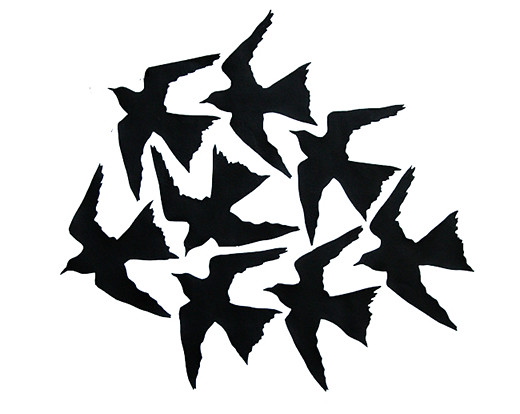https://freecityradio.org/post/119074154720/zapatista-spring-reflections-from-a-frontline
Zapatista Spring by activist / writer Ramor Ryan
is a series of diary style texts outlining important reflections from
the front-lines of an international solidarity project in the
Zapatista-liberated lands of southern Mexico.
Within this meaningful book published by AK Press many personal elements are woven into interconnected story-lines rooted in memory and driven by an overarching effort to communicate critical perspectives on current grassroots international solidarity initiatives, linked to the upswing of anti-capitalist globalization activism in western Europe and North America in the mid-to-late 1990s and early 2000s. Zapatista Spring is described officially by this text :
“Eight volunteers converge to help campesinos build a water system in Chiapas—a strategy to bolster the Zapatista insurgency by helping locals to assert their autonomy. These outsiders come to question the movement they’ve traveled so far to support—and each other—when forced into a world so unlike the poetic communiqués of Subcomandante Marcos—a world of endemic rural poverty, parochialism, and shifting loyalties to the movement.”
Zapatista Spring really puts to task simplistic ideals about international solidarity initiatives being direct and without massive challenges. In many honest ways this book explores, in a narrative style, the complex relations between a team of international solidarity activists and a small Zapatista community. This book directly deals with the internal power relations and struggles within the crew of solidarity activists that the author was a part of, while the texts also offer many important reflections on the neo-colonial dynamics at play within the water-works solidarity project that is central to the book.
In many ways Zapatista Spring is important because the book presents a self-critical, internal critique of international solidarity activism, rooted in a perspective that is broadly anti-capitalist and anti-colonial. Elements of the book revolve heavily around the author’s personal experience, but the book does come close to striking a balance between individual reflection and larger meditations on collective solidarity.
— Stefan Christoff, Free City Radio, May 15, 2015
